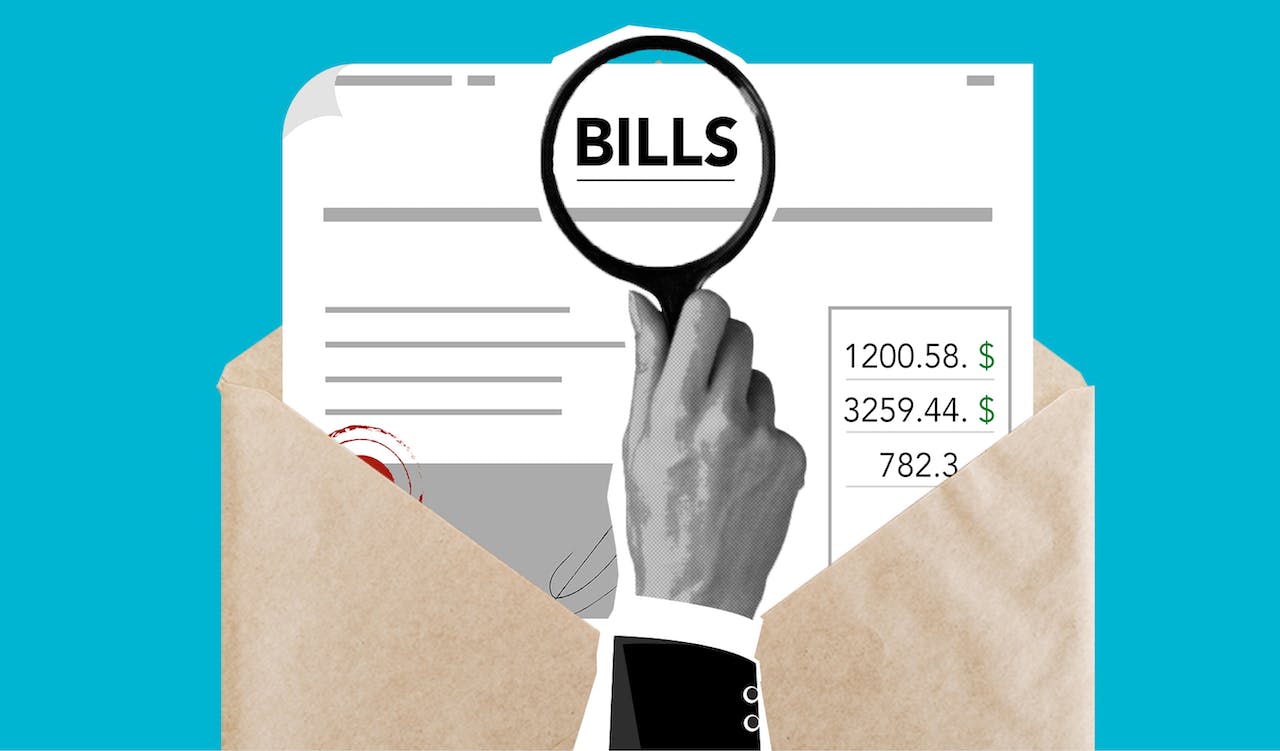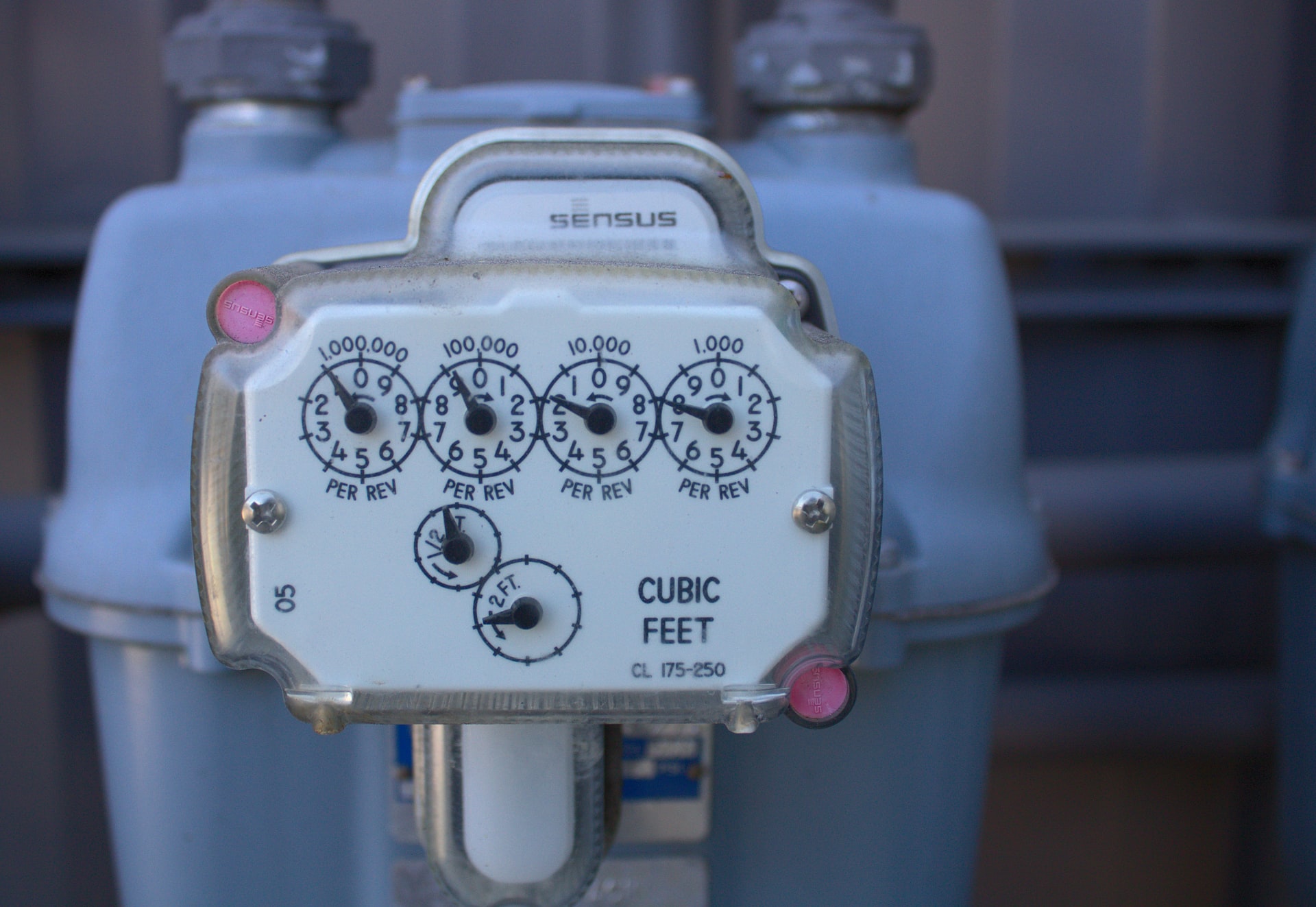If you have telephone service, cable television, or Internet at home, you’re likely one of the many Americans paying hidden fees without knowing it. Understanding how to spot and avoid these fees is the first step to helping save money on these common monthly utilities. According to statistics from Consumer Reports, approximately 69 percent of survey respondents said they experienced hidden fees from different providers. In fact, some of these fees can add up to around $450 on your cable bill in just one year. Even if they seem small, these hidden fees can create significant monthly costs that affect your household budget. This guide will explore finding, identifying, and avoiding these hidden fees to help you save.
Table of Contents
- Common types of hidden fees
- Checklist for evaluating your bills
- Strategies to avoid hidden fees
- Final thoughts
Common types of hidden fees
You typically get a quote for the monthly cost upfront, based on the type of service you choose when you sign up for any type of cable, phone, or Internet service. However, these costs usually don’t disclose the assortment of other “hidden fees” that can appear on your bill. Here are some examples of common hidden fees you might see once the official bill arrives.
Activation fees
Activation fees are usually only added to the first bill when you sign up for a new service. However, these fees vary wildly depending on your provider. Some companies clearly advertise that there are no activation fees. Others simply tack it onto your first bill after you’ve already signed up. Ask your phone or Internet provider whether these fees apply, and if so, find out if you can waive them. On average, an activation fee may cost between $20 and $40.
Equipment and rental charges
These hidden fees are quite common with cable TV and Internet services, particularly if you get a modem or a DVR/set-top box. The provider charges these fees to the customer while they’re “renting” this equipment temporarily from the provider. In most cases, you can’t avoid these fees, but you might be able to lower them a bit if you speak to a customer service representative. Some organizations are asking the Federal Communications Commission to look into these fees to find out whether they can or should be charged in the first place.
Overage fees
You may occasionally notice overage fees on your Internet bill. These fees usually apply if you’ve used more data or phone bandwidth than you originally agreed. For example, if you signed up for a certain amount of gigabyte usage per month and go over that allotted amount, your provider may charge you for each additional gigabyte used. Check several providers to confirm that they don’t charge these fees so you can avoid them. Look for terms like “unlimited” so that you’re confident you won’t pay any overage use fees later.
Administrative fees
Administrative fees are tough to avoid, as they usually apply to your provider being able to remain in compliance with current laws and regulations. These fees may also include things like the cost of generating monthly bills, paying for customer service employees, and handling paperwork or maintaining customer records. This fee is typically minimal and tends to be somewhere around $1.99 per month. However, it’s still something consumers should keep an eye on in case the fee increases over time.
Early termination fees
Most cable, phone, and Internet providers have a specific time that customers must agree to use their services. These contract terms are typically around one year, but if you decide to cancel before your contract is up, your provider could charge you an “early termination fee.” Make sure you understand the length of your contract terms and confirm whether or not you’ll pay an additional fee if you decide to end the service early.
Checklist for evaluating your bills

Use this checklist to help you evaluate your Internet and phone bills to find and possibly dispute any hidden fees.
- Review the bill thoroughly: Check every line item on your bill each month and look for any unfamiliar charges or fees you don’t recognize. Verify that all of the listed services the provider charges you match what you initially agreed to.
- Understand the terminology: Get to know the most common terms and abbreviations used on your monthly bill. If you see something that looks unfamiliar or unclear, contact your service provider as soon as possible for clarification.
- Compare previous bills: Compare your current bill with your previous bill and look for any unusual or significant changes or increases in the fees and charges.
- Check for promotions and discounts: If you were promised any promotional rates or discounts, make sure that they apply to your bill. Make a note of when these promotions expire so you’re aware when your bill increases.
- Examine data usage: Look carefully at your mobile and Internet data usage and make sure it aligns with your plan. Be aware of any overage charges if you exceed the listed data limits.
- Verify equipment charges: Double check if you are being charged any equipment rental fees for things like your modem or set-top box. Consider purchasing your own equipment if it’s cheaper over the long term.
- Scrutinize additional services: Look carefully at your bill for any additional services like premium channels and add-on features and weigh their costs. If they’re not necessary or you don’t use them, contact your provider to have them removed.
- Assess contract terms: Check your service contract end date and find out if there are any early termination fees in case you decide to cancel. Review any changes in the contract terms compared with your initial service agreement.
- Watch out for hidden fees: Learn about common hidden fees like the ones listed above, and make sure you’re aware of their costs. If you’re unclear about the fees, contact your service provider to get clarification about their purpose.
- Check for billing errors: Double-check your bill for any mathematical errors or billing discrepancies. Report any errors you find to your service provider right away so they can correct them.
- Assess usage vs. plan: Make sure you’re consistently using all of the services included in your plan. If not, consider downgrading to a more affordable plan, so you’re not overpaying for services you don’t use.
- Contact customer service when in doubt: Always reach out to your service provider’s customer service department if you ever need clarification or need to dispute a charge.
- Document everything: Keep records of your bills, payment confirmations, and any communications with your provider. You may need to refer to them in the future.
Strategies to avoid hidden fees
Fortunately, there are some things you can do to avoid or remove hidden fees.
Negotiate with providers
If you’re unhappy with current fees and charges, you can always negotiate with your providers. Remember to be calm and kind, and nicely ask the representative if there is something they can do to lower your monthly bill. They could possibly remove equipment rental fees or offer you unlimited data.
Understand the contract terms
Having a solid understanding of your contract terms and conditions will give you more leverage to negotiate your current bill. Learn which fees are mandatory and non-negotiable and which ones you can lower or remove altogether. Being armed with this knowledge will help you make a more empowered decision when it comes to choosing a plan and during times when you might need to negotiate your current plan.
Choose transparent pricing plans
Select a provider that has transparent pricing plans that are easy to understand. These plans should clearly list exactly what the provider will charge you each month, regardless of what type of equipment you need or how much data you use. Make sure there are no extra fees like activation fees or early termination fees in advance.
Explore alternative providers
Remember, if you’re unhappy with your current provider, you can always switch. Take some time to research all of the available providers in your area to determine which one has the best pricing plan. Look at customer reviews to ensure that others are happy with the service before you commit.
Pay your bills on time
Paying your bills on time isn’t just good for your credit. It’s also a smart way to get more leverage whenever you need to negotiate costs and fees. Customers who pay their bills promptly are usually viewed more favorably than those who don’t. It’s also a great way to avoid any late charges. You can usually sign up for automatic bill payments, so you’ll never need to worry about paying your bill on time.
Use online tools or apps to manage and track bills

Several online tools and apps are available to help you manage and track your bills. Consider using these services to keep a close eye on your monthly expenses. You can use these services to keep up with everything from your phone, cable, and Internet bills to your rent or mortgage and more. These tools are a great way to help you manage your household budget.
Stay informed
Being vigilant is key to avoiding surprises. It ensures that you don’t pay too many hidden fees and other charges. Stay informed about any changes to your service agreement and/or monthly pricing. It will prepare you to accept the new changes, negotiate them, or switch providers if you need to.
Final thoughts
While it’s true there are a few fees consumers can’t avoid, it’s important to be proactive when managing your phone and Internet bills. Use the tips from this guide to help plan ahead and identify unusual or hidden fees. Ultimately, this will make the best decision possible for your household budget. With this information, you can make smart decisions that will help save money over time.




